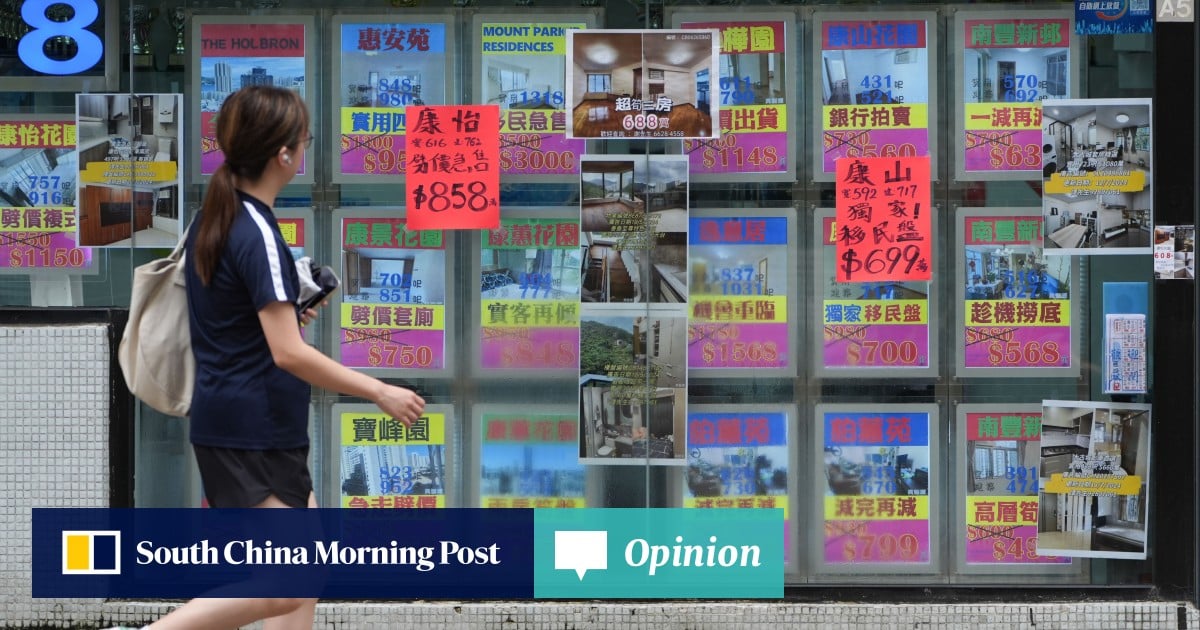H
ong Kong has been battered by a series of economic shocks since 2018, hindering its recovery and raising concerns about its status as a global financial hub. The city's economy is heavily influenced by US monetary policy and mainland China's economy, making it vulnerable to the divergence between these two major economies. This has led to questions about the suitability of Hong Kong's currency peg to the US dollar.
However, recent developments have provided a boost to Hong Kong's markets. The escalation of the US-China trade war and damage to the US' safe haven status have strengthened Hong Kong's position as a leading offshore equity financing centre for mainland Chinese companies. Initial public offerings and secondary share sales in Hong Kong have surged this year, reaching $26.5 billion so far, compared to just $3.8 billion in the same period last year.
Stephen Roach, former Morgan Stanley Asia chairman, notes that Hong Kong benefits from being mainland China's "most important window to international finance". The sharp decline of the US dollar since Donald Trump's inauguration has also led to increased concerns about the safety of US assets, prompting the Hong Kong Monetary Authority to intervene aggressively in the foreign exchange market. This intervention has driven down interbank rates, with one- and three-month Hibor dropping to 0.6 and 1.7 per cent respectively, a three-year low.














